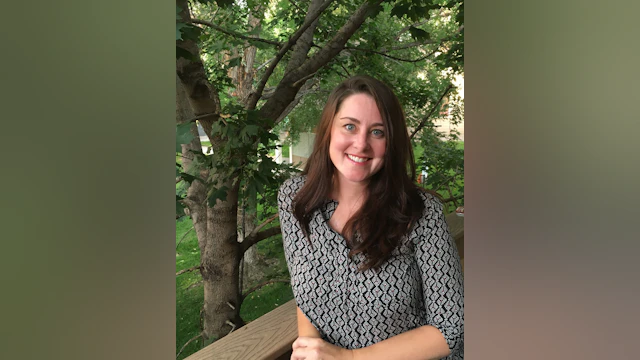I am a woman, wife, parent, daughter, and sister. I am an amazing friend. I am funny. I am an intensely loving mom. I am fascinated by people. I am passionate. I am Bipolar II. I am a suicide attempt survivor.
After having survived a suicide attempt and subsequently taking the time to get help and to heal, I decided I wanted to use my experience to help others who were struggling. The problem was: I was overwhelmingly ashamed to tell others about my experience. Why would I ever tell someone? After all, I thought to myself, why would I ever do that to my husband and kids? I had a deep sense of shame about my mental health.
At the time of my attempt, I had been going through an incredibly tumultuous time, and had not seen my therapist for months due to a loss of employment and insurance coverage. But I had struggled with mental illness (mostly unknowingly) since I was an early teen. I always assumed something was wrong with me.
Growing up, my parents had told me that if you attempt suicide, you are automatically sentenced to Hell. When I was overwhelmed with guilt and shame after my attempt, I asked my therapist, "Why would I want to attempt suicide, and why did I actually attempt?” One of the most impactful answers my therapist gave me was, "It wasn't that you, Melanie, wanted to die; it was just the part of you that was suffering that wanted to die." Hearing this, I realized that although that (very noisy) part was still with me, there was in fact a much bigger part of me that wanted to live.
After a few years spent processing my attempt, working in therapy to heal my psyche, I began my search for a venue in which I could share my experience in a way that would benefit our community and further strengthen my own well-being. I longed for others who would understand, without judgment, and who also wanted to make a difference. My search led me to my local chapter of the American Foundation for Suicide Prevention.
I began simply by attending an AFSP volunteer training, during which I heard others share what brought them to the training that day. They were attempt survivors, their loved ones, and those who had lost someone to suicide. Listening to them made me realize I was no longer alone, and that what I had struggled with was REAL. I saw their vulnerability and it gave me the courage to say aloud, for the first time, “I am an attempt survivor.” Huge, deep, painful tears fell from my eyes as though I was cleansing myself of all the sadness and pain that had built up over years of holding it in and labeling it as a dark, immoral secret. That secret immediately lost its power. I finally felt that I was not alone and that I really could make a difference by sharing my story.
This journey has allowed me to develop a welcome new sense of clarity and self-reflection. I began to share my story without shame and instead now share it with experience and love and power. I also decided to fully commit to volunteering for AFSP. I am now proud to say that I am one of the Board Directors on the AFSP San Diego Board. My focus is on volunteer recruitment. I also participate in many of the amazing local events that further the impact and reach of AFSP. I have also developed a passion for patient advocacy, helping people who are struggling by connecting them with our programs, other local programs, and professionals who best fit for their needs
This doesn’t mean that I don’t still actively manage my own mental health, just as I do my physical health. Very recently I experienced an increase in my Bipolar II symptoms, which I felt was potentially leading me down a familiar and negative path. But this time it was different. I remembered all the lessons I’ve learned, the people I’ve met, and the support that exists all around me. I knew from AFSP’s #RealConvo campaign that it’s important to reach out when you or someone you care about is struggling, and have an open, authentic talk about it.
So this time I proactively reached out. I called and texted my “safe” people asking for support. This was the response I got:
- “I love you. I am so proud of you.” – my mom
- “I am SO proud of you! That’s all.” -- my work supervisor
- “Praying for you my dear sister. You are so brave and strong. We love you so much.” -- my sister-in-law
- “Remember you can do this. Not taking this step would have resulted in a different situation.” – a friend and colleague
- “You = My hero! I’m so proud of you. I so admire you. I so love you. Keep shining!” – my best friend
I also knew that even if some of the people I reached out to hadn’t been available, or hadn’t understood, there was a whole community of people who would. Knowing that help and understanding are always available does a lot to help me along with the tough moments when they come.
We all struggle in one way or another, but I can tell you from my own experience that through the power of togetherness and community, we can heal.
To find your local AFSP chapter, click here.
Check out AFSP’s #RealConvo Guides, on the following topics:
- tips for starting and continuing a conversation about mental health
- how to respond if someone tells you they’re thinking about suicide
- strategies for reaching out for help when you need it
- how to talk to someone who’s lost a loved one to suicide
